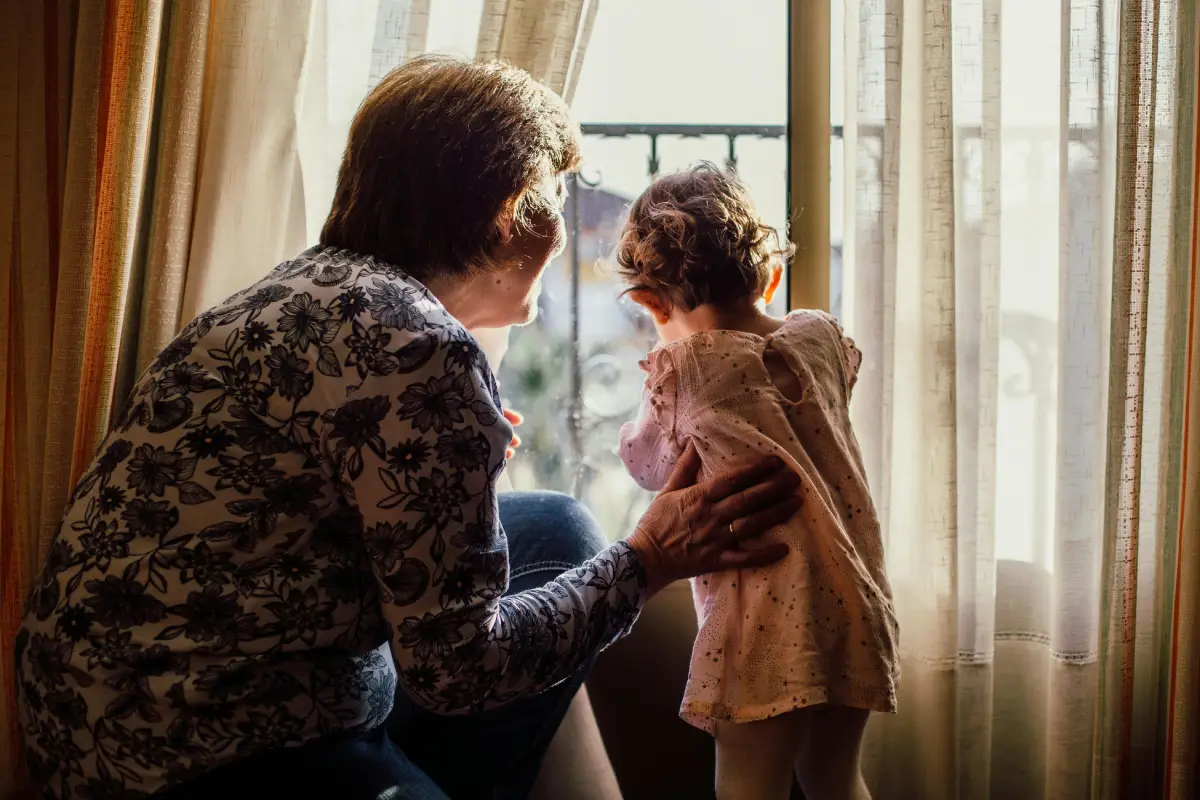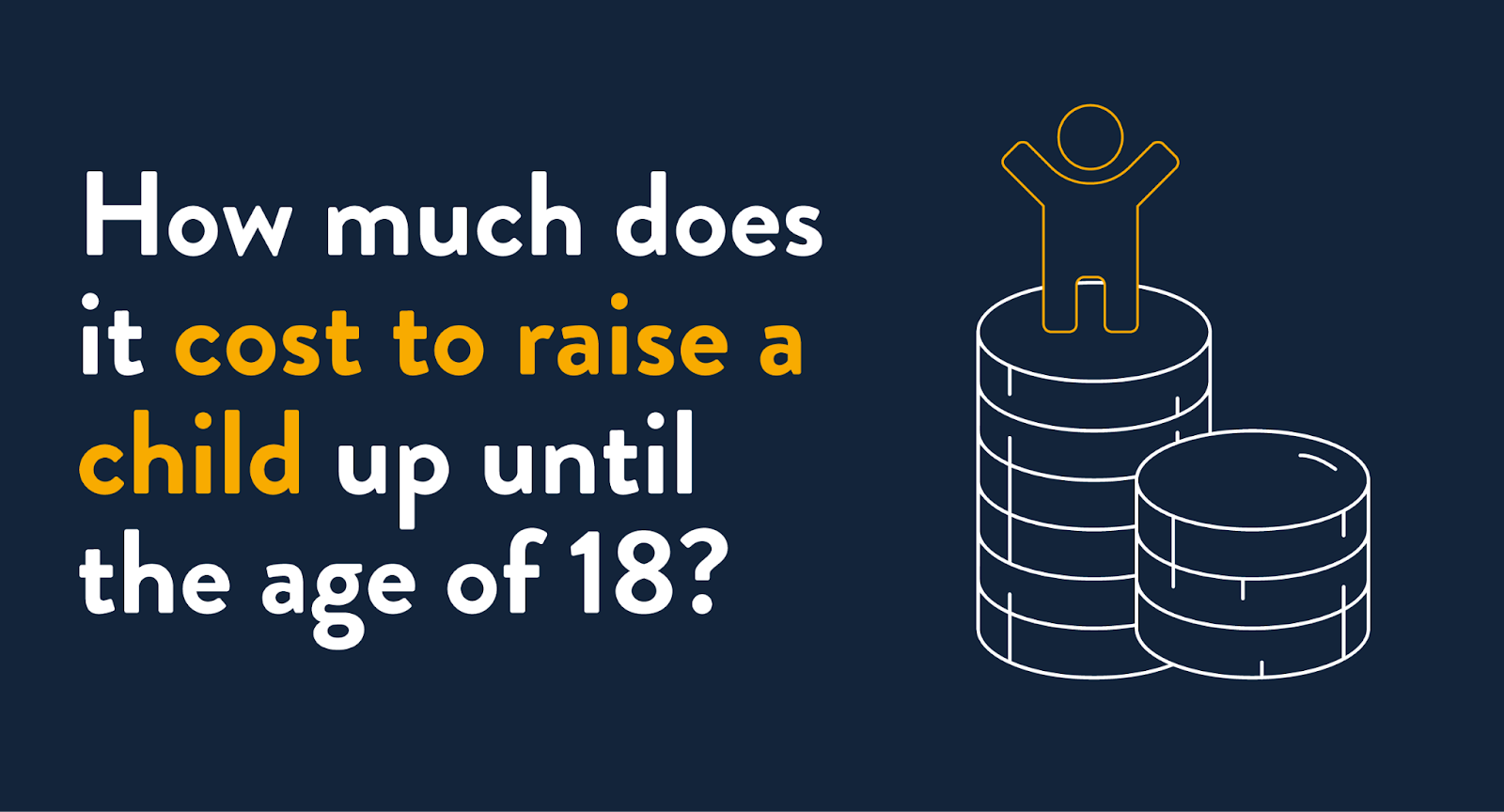
No one wants to think of the worst. We don’t truly want to consider what will happen if we become too ill to work for a period, or indefinitely. We certainly don’t want to consider what will happen to those who depend on our income in the event that we die prematurely.
However, we do need to consider it to make the best plans for ourselves and those we love. This is particularly true when we consider that the survival rates for many illnesses are increasing, which is great news.
However, what tends to happen when individuals start considering making such financial arrangements is that they run into a bewildering world of different terminology. How do you know what is the best choice in your circumstances?
Two primary financial products you will come across are income protection and critical illness cover. Let’s look at the similarities and the differences between these.
The similarities between critical illness cover and income protection insurance
Both products are designed to help you out financially in the event of significant illness.
Additionally, in both instances, in the event of a viable claim the payments will be made to you, for you to spend as you see fit at the time. There are no conditions on how you spend the pay-out.
Furthermore, these pay-outs are tax-free and you won’t be liable for tax on them unless it’s part of your employer offered benefits package (in which case the benefit is taxed as part of your usual income).
Finally, both types of policy usually have broadly similar exclusions. Exclusion means that the cover does not apply in certain circumstances. For example, they will typically exclude illnesses which occur as a result of a pre-existing condition when you took out the policy.
The differences between income protection and critical illness cover
• The Pay-Out: Critical illness cover will give you a one-off lump sum. It could, therefore, for example, be used to pay off a proportion (or all) of your mortgage. However, once it has gone, it’s gone. In contrast, Income Protection will provide you with a percentage of your income for each month that you are unable to work. It can, therefore, cover regular commitments, such as mortgage payments and bills.
At this point it is important to note that not all policies are created equally. For example, some income protection policies offer monthly pay-outs for 6-12 months only for a lower monthly premium. In some instances, the sort of illness or injury that may require you needing to call on such a policy could last longer. For this reason, Shepherds Friendly Income Protection Insurance provides you with cover up to the age 70 and gives you the choice of a short-term option of 2 years cover or longer as required. The long-term Shepherds Friendly Income Protection would continue to pay out until either your retirement age, the plan term ends or your return to work.
• Disability: Critical illness will usually pay out if you become disabled as long as it is permanent with no chance of recovery. Income protection on the other hand generally treats a disability akin to a recoverable illness. For the period it prevents you from working (under the terms of your policy) it will pay out, even if recovery is possible or probable in the future. This enables you to consider rehabilitation with a potential for future working, if possible.
• What is an illness or injury? The two types of cover will also differ slightly here. Critical illness cover tends to be very explicit, clearly stating exactly which illnesses are covered. Therefore, it may cover an ‘illness’ resulting from an injury, for example, blindness, but it has to be very clearly defined within the scope of the policy. For this reason, you should check the ‘small print’ carefully and consider the scope of illnesses covered.
Income protection generally uses a broader definition of illness and injury. In these policies, you are typically insured (except with the exclusions already mentioned) in the event that an illness or injury prevents you from working, whatever the nature of that illness or injury may be. Once again, this means that Income Protection is helping you bridge the gap between not being able to work, and a future point when you’re hopefully able to return to work.
In order for you to help get back on your feet after an injury or sickness, Shepherds Friendly has partnered with Nuffield Health to provide enhanced benefits for our members.
• Length of Policy: Critical illness is a one-off approach to future illness. In the event you make a successful claim this will generally be the end of the cover with no future claims able to be made. Income protection, on the other hand, can continue, if you wish, after one claim, with the potential of a future claim for a different illness or injury if necessary.
• Employed vs. Self-Employed: Whilst there aren’t generally restrictions on the type of worker who can take out each policy, there are further considerations for many self-employed people in terms of income protection. It is often viewed as a way of future-proofing your livelihood and income in the way many employed individuals are protected through employer sickness schemes. It acts as a safety net which is often missing in the self-employed realm.
• Income Levels: When you take out critical illness cover you’ll have a clear indication of the amount that a potential lump sum would be. With income protection, the monthly amount that you receive is calculated in proportion to your current income. It is also worth considering adding inflation cover which will ensure the amount payable goes up over time in accordance with increased costs of living.
To find out more about Shepherds Friendly Income Protection plan, to protect you and your family from loss of income, click here.


